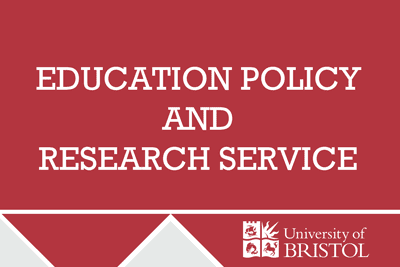Tracing the trajectory of maths teaching across two contrasting jurisdictions



This article summaries the following research article: Maine F, Brummernhenrich B, Chatzianastasi M et al. (2021) Children’s exploration of the concepts of home and belonging: Capturing views from five European countries. International Journal of Educational Research, 110. DOI: .org/10.1016/j.ijer.2021.101876. Introduction A sense of belonging is an important part of children’s development of self-awareness and […]

This article summarises the following research article: Cook V, Maine F and Čermáková A (2022) Enacting cultural literacy as a dialogic social practice: the role of provisional language in classroom talk. London Review of Education 20(1) DOI: 10.4324/LRE.20.1.02. Introduction Provisional language, such as might/maybe/could/perhaps, is vague language that can be used to encourage open […]

This article summaries the following research article: Maine F and Čermáková A (2021) Using linguistic ethnography as a tool to analyse dialogic teaching in upper primary classrooms. Learning, Culture and Social Interaction 29: 100500. Introduction The features and benefits of dialogic teaching are well researched and recognised. Yet we know relatively little about the nuanced […]

This case study is part of a bitesize CPD learning unit on sleep and screen time. In this case study Amy Sayer (FCCT), Mental Health Trainer and author of Supporting Staff Mental Health in Your School discusses the relationship between sleep and mental health and how to support students with developing good sleep habits. Further reading […]

This research review is based on a chapter that was previously published in Muller and Goldenberg (2022), a report in our ‘Education in Times of Crisis’ series. Debates around the use of technology and the internet by young children have been dominated by strong opposition and concerns about its impact on children’s development as […]

Hanna Beech, Deputy Head, Ramsgate Arts Primary School; Trust Teaching and Learning Lead, Viking Academy Trust, UK Identifying poor sleep as a negative influence on pupil wellbeing I first identified a lack of sufficient sleep as a barrier to pupil wellbeing and learning during a pupil progress meeting. As my senior leaders queried the […]







































Introduction Before we were out of the woods with the COVID-19 pandemic, we knew that additional support would be needed for the pastoral care, mental health and wellbeing of the children we teach. A whole school approach was needed to triage children and identify their needs, putting support in place at different levels, depending on […]


The enquiry question As part of the Enquiring Schools programme, I completed an action research project on the question: ‘How can we use wellbeing opportunities to positively impact pupils’ ability to self-regulate in a Year 3 classroom?’. Enquiring Schools is a high-quality CPD programme that supports teachers to conduct a small-scale enquiry and practically engage […]





























Vic Cook, Education and Research Project Specialist, Chartered College of Teaching Anxiety can be a normal, temporary and productive reaction to things we find stressful. Research suggests that from a young age, children commonly experience certain fears at different ages, such as a fear of ghosts at the age of six (Seven, 2008). However, […]


Paul Maiden, Curriculum Leader, King Edward VI Sixth Form College What’s the idea? Using guiding metacognitive principles as a basis for planning lessons, rather than topics and subject content, has potential to improve student motivation. This guide offers practical suggestions for embedding metacognition in the classroom, and the benefits which a small-scale study suggested this […]


Scott Buckler and Harriet Moore, Holy Trinity School, UK What’s the idea? Shinrin-yoku is translated as ‘forest breathing/bathing’ and was developed in Japan during the 1980s, integrating the senses through mindful practice, while immersed in a forest environment (Hansen et al., 2017). The Chinese character for ‘mindfulness’ comprises five characters: eyes, ears, heart and mind, […]